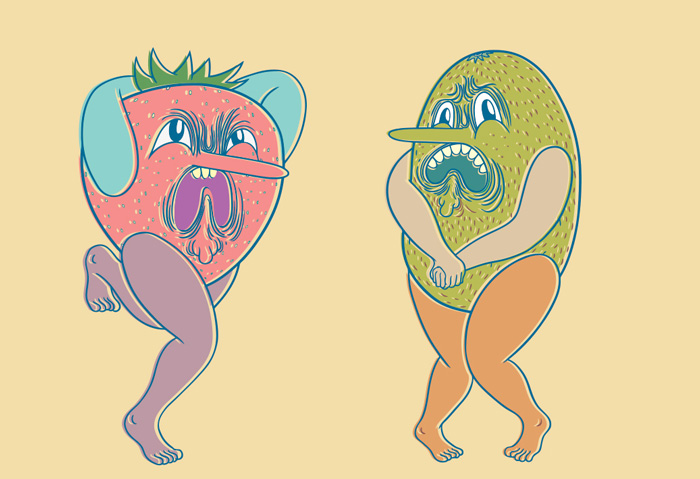“Help! I can’t decide!”
by KAREN WONG.

Many people come to therapy wanting to know how to make better choices. Some want to move forward but find themselves stuck in a decision loop.
“I have no choice.” “I can’t decide.” “How can I just let it go?”
However, it seems that the difficulty lies not in letting go or forgetting or even “choosing”.
What makes decisions so difficult? What happens when we choose A over B? What happens when we decide to let go of our ‘past’? What is the “Behind the scene” of all these choices that make us so fearful, regretful, and helpless?
What if making a decision is not about selecting the best? What if making a decision is not about considering the consequences? What if making a decision is not about choosing a lesser pain? What if making a decision is not about having to be responsible for it?
What if making a decision is an exercise of our freedom, of being human?
Imagine if we can record our choices like music in a playlist on Spotify. What would we decide to save? What kind of music would we choose? What is the duration of our playlist? Will we put a single song on loop forever? Will we use shuffle mode? Will we put 200 tracks into our playlist, and let it run but we are not listening to it?
That’s right. Now, that is a freedom. A great deal of freedom. The freedom to make crazy choices, flexible choices, temporary choices, repeated choices. Or even a decision NOT to make any decision.
Yet, we end up recording messages in the loop mode telling ourselves: “You are not good enough”, “You gotta do this, or else…”, “I need him to love me…”, “You are the only one for me”, “We don’t work”, “You are useless”, “You will never…”, “They are not good enough”.
Living after a decision
If we take a step back, and slow this process down even further, there are likelihood two parts to decision making:
- Before a decision is made, and…
- Living after a decision.
I am going to make a guess that many are not worried about the plethora of choices, but rather, the fear of facing the consequences of their decision.
We feel afraid of being rejected. We feel afraid to be called out on our desires. We feel afraid to go back on our promises. We feel afraid to say no. We feel afraid to say yes. We are afraid of the painful feelings of regret. We feel afraid that our choices don’t matter.
Yet, precisely, it is at this very juncture, when we fear most what we have to face, that we embrace that jittery step forward with courage. We take the reins of freedom with the best of our ability. We cross our personal threshold and mark it ours. We triumph and create. We regain our ability to make a new choice despite the current situation.
How to make a good decision?
1. We can choose the level of pain that we can accept. That is, we choose the consequences that we can bear to live with.
2. We can choose the level of responsibility that we can shoulder. That is, we choose the kind of freedom that we want.
3. We can choose the level of losses that we can take. That is, we choose the courage to create again.
4. We can choose to assign meanings we want to the choices. We are free to choose what it means for us to stay and what it means for us to go.
As for myself, in this upcoming election, I am grateful I have the privilege to be eligible to vote as a citizen. What have I chosen? I made a decision to appreciate my privilege. I made a decision to ensure I register as a voter. That enabled me to have my next set of choices: I can choose not to vote, I can choose to vote, I can choose to invalidate my vote. If I do not like the status quo, I can choose to change it. A choice can be made.
~ ~ ~ ~ ~ ~
Karen Wong is a licensed and registered counselor at New Health Counselling focusing on relationships. When she’s not a therapist, she teaches psychology and programs software and apps.
Illustration by SLUT.

